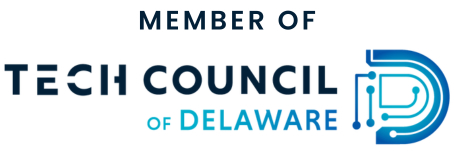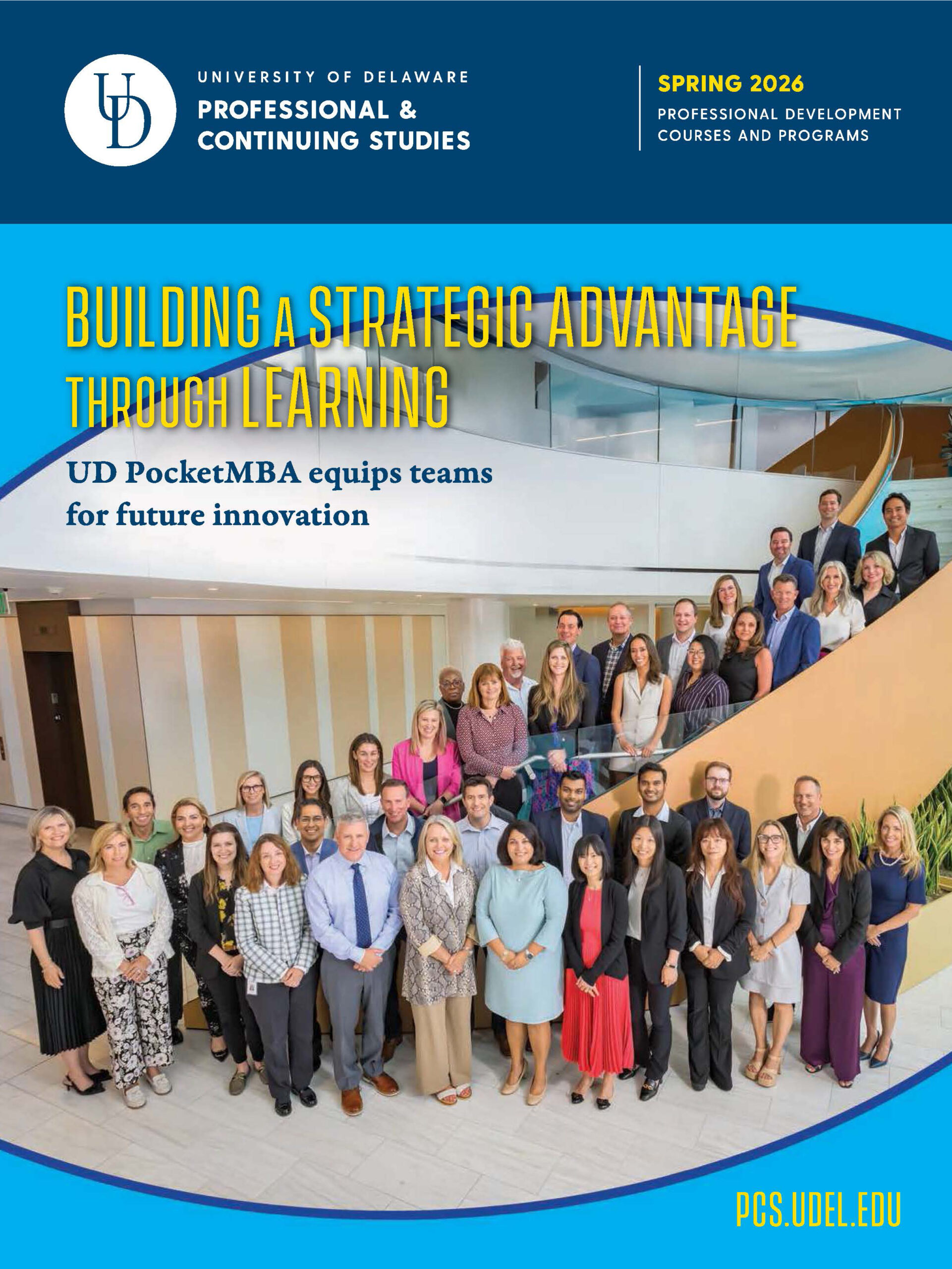Become a cybersecurity leader
As more businesses migrate their data and services online, the need for cybersecurity professionals is greater than ever.
SELF-PACED ONLINE EXAM PREP
Earn CEUs and PDUs while preparing for worldwide-recognized certification exams; participate in online classes anywhere, anytime. Discounts available.




